Comparing Features of Leading Chatbot Platforms
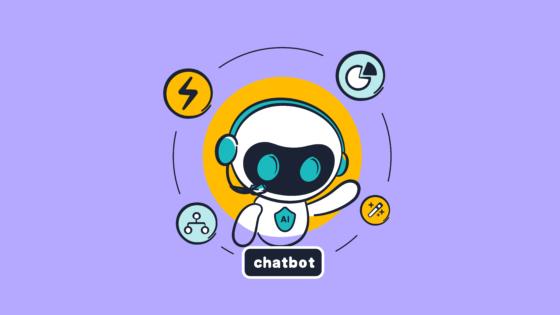
Choosing the best chatbot platform has become essential for businesses aiming to thrive in 2025. With 60% of companies already using chatbots to enhance customer service, the demand for AI-driven solutions continues to grow. These platforms automate interactions, offering 24/7 support and reducing response times. Nearly 69% of customers prefer chatbots for faster resolutions, showcasing their impact on satisfaction. The global chatbot market, valued at $6.3 billion in 2023, is projected to reach $27.3 billion by 2030. Platforms like Sobot’s AI chatbot empower businesses to improve efficiency, cut costs, and boost conversions, making them indispensable tools for modern operations.
Overview of Chatbot Platforms
Definition of Chatbot Platforms
Chatbot platforms are software solutions designed to simulate human-like conversations. They use artificial intelligence (AI) and natural language processing (NLP) to understand and respond to user queries. These platforms can operate across multiple channels, including websites, messaging apps, and social media. A chatbot platform often integrates with customer relationship management (CRM) tools, enabling businesses to streamline customer interactions. Metrics like the Bot Automation Score (BAS) measure their efficiency, while standards such as IEEE P3128™ ensure their reliability.
Importance of Chatbot Platforms in Customer Service
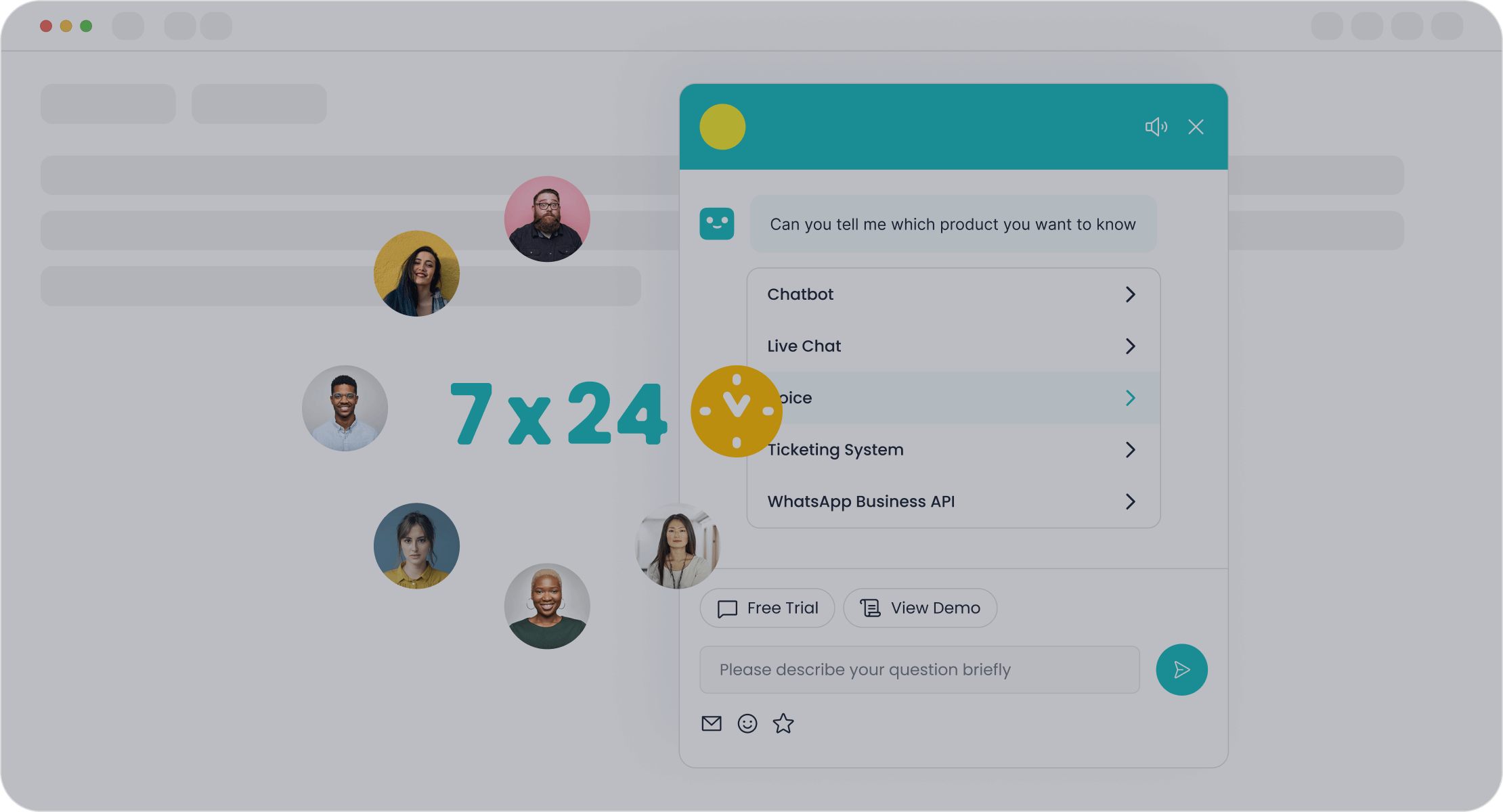
Chatbot platforms play a vital role in customer service automation. They provide instant responses, reducing wait times and improving customer satisfaction. Businesses using chatbots report a 35% increase in customer satisfaction and retention. These platforms also save costs by automating repetitive tasks, with an estimated $8 billion saved annually by 2022. For example, Sobot’s AI chatbot offers 24/7 multilingual support, enhancing customer engagement and operational efficiency. By integrating with tools like WhatsApp API, it ensures seamless communication across channels.
Common Use Cases in Business Operations
Chatbots enhance various business operations. They assist in customer onboarding, product recommendations, and lead generation. For instance, retail businesses use chatbots to guide customers through purchases, while marketing teams leverage them for personalized campaigns. In customer support, chatbots handle routine inquiries, freeing agents for complex tasks. Sobot’s chatbot exemplifies this versatility. It automates workflows, boosts conversions by 20%, and reduces service costs. Industries like gaming and education also benefit from chatbots, using them for feedback collection and internal knowledge sharing.
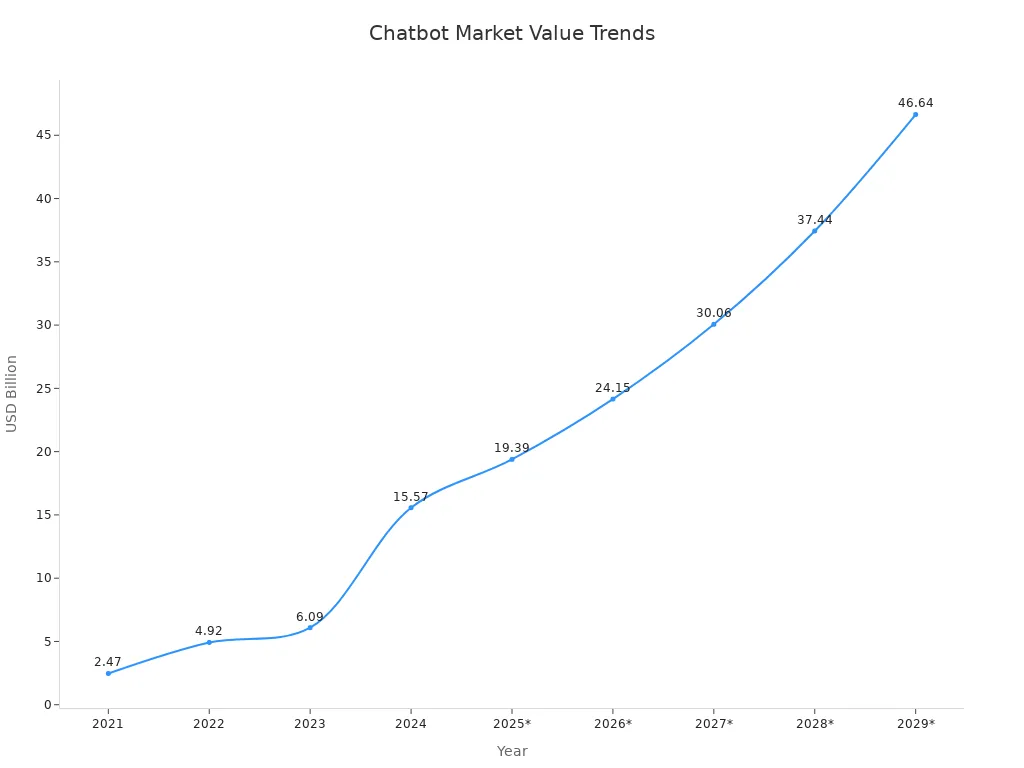
Key Features to Compare in Chatbot Platforms
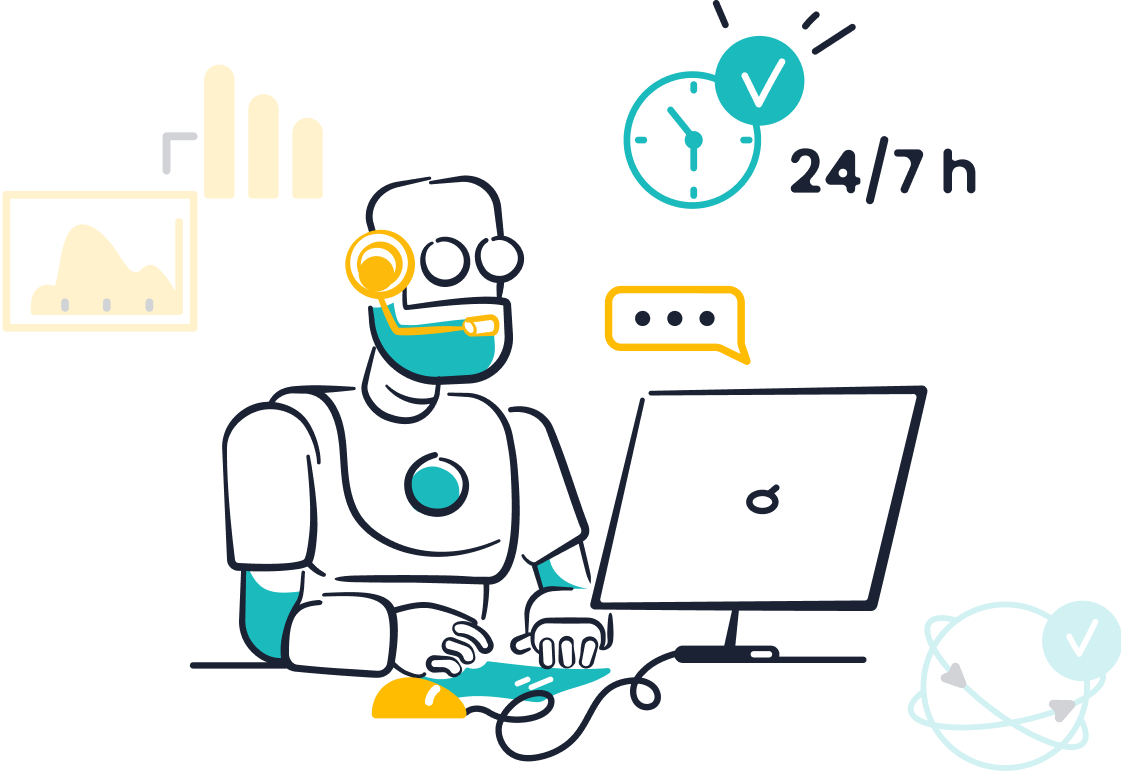
Natural Language Processing (NLP) Capabilities
NLP capabilities define how well a chatbot understands and responds to user queries. Strong language understanding is essential for delivering human-like conversations. Modern AI chatbots rely on metrics like search stability and search relevance to evaluate their performance. For example, search stability ensures consistent results even when users phrase queries differently. Search relevance measures the quality of responses, often using metrics like Normalized Discounted Cumulative Gain (NDCG).
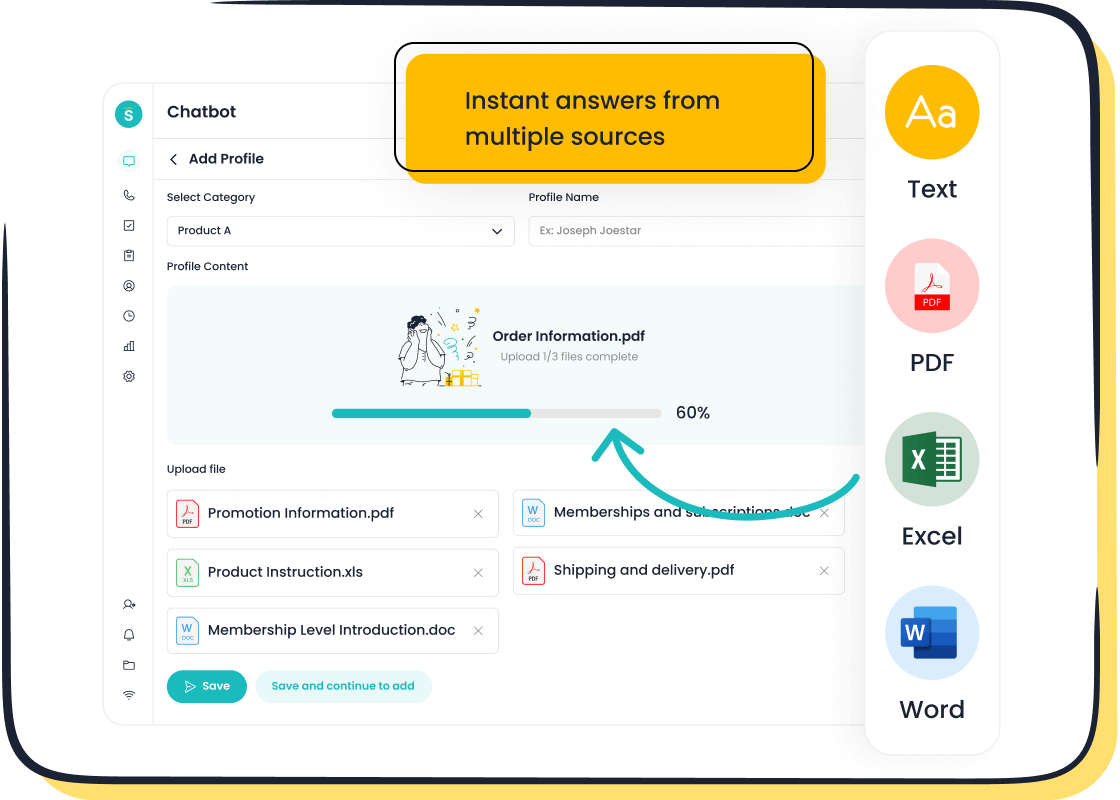
Sobot’s AI chatbot excels in this area by leveraging advanced NLP to provide accurate, multilingual responses. It uses a knowledge base built from diverse sources like PDFs and text snippets, ensuring precise answers. This feature enhances customer satisfaction and reduces the need for human intervention. Businesses can rely on such conversational chatbots to handle complex queries effectively, improving overall service quality.
Integration with CRM and Business Tools
Integration capabilities are crucial for chatbots to function seamlessly within a business ecosystem. Chatbots that connect with CRM systems can pull customer data to deliver personalized responses. They also streamline operations by automating tasks like order tracking and appointment scheduling. Integration with email marketing platforms further enhances customer reach.
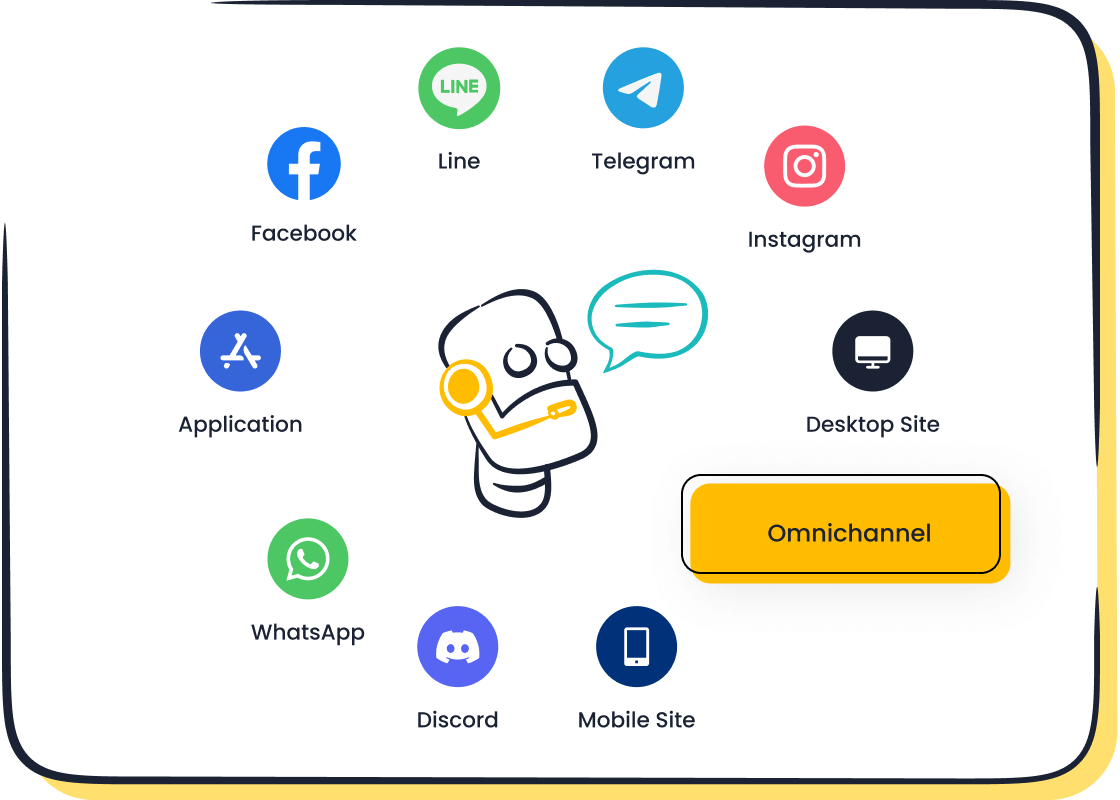
Sobot’s chatbot integrates effortlessly with tools like Salesforce and Shopify, offering a unified workspace for agents. This integration improves real-time data accessibility, enabling faster and more accurate responses. Additionally, Sobot’s omnichannel solution consolidates communication across platforms like WhatsApp and SMS, ensuring a consistent customer experience. Such special features make it easier for businesses to manage customer interactions efficiently.
Scalability and Customization
Scalability ensures that a chatbot can handle increased user interactions as your business grows. Customization allows businesses to tailor the chatbot to meet unique needs, such as creating personalized dashboards or setting specific KPIs. Modern AI chat platforms combine these features to adapt to changing demands while maintaining performance.
Sobot’s chatbot offers unmatched scalability, managing millions of interactions daily with 99.99% system stability. Its customization options include flexible reporting and workflow automation, helping businesses optimize operations. For example, OPPO used Sobot’s chatbot to achieve an 83% resolution rate and a 57% increase in repurchase rates. These results highlight the value of scalable and customizable solutions in driving business success.
Pricing Models and Cost-Effectiveness
Understanding pricing models is crucial when evaluating chatbot platforms. These models determine how much you’ll invest and the value you’ll receive. Chatbot platforms typically offer three main pricing structures:
| Pricing Model | Cost Range | Advantages |
|---|---|---|
| Hourly Rates | $50 – $200+ per hour | Faster development and access to expertise. |
| Project-Based Fees | $15,000 – $300,000+ | Tailored solutions based on your business needs and complexity. |
| Retainer Model | ~$5,000+ per month | Continuous support and updates to ensure long-term success. |
For example, TechStyle saved $1.1 million in operational costs within a year by adopting an AI chatbot. Similarly, Barking & Dagenham Council reduced costs by £48,000 in six months while improving customer satisfaction by 67%. These examples highlight how cost-effective chatbots can transform operations.
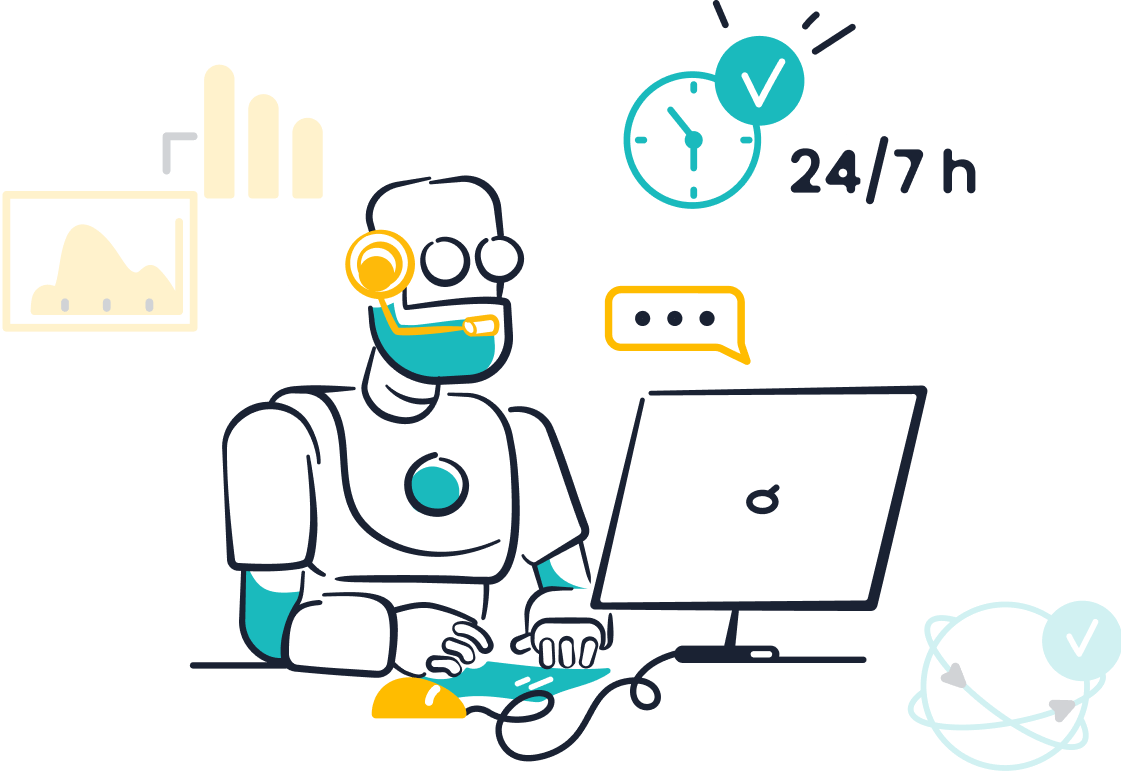
Sobot’s AI chatbot offers a competitive edge with its cost-saving features. It reduces service costs by up to 50% through 24/7 query triaging and automation. Its no-coding-required setup further minimizes development expenses, making it an excellent choice for businesses of all sizes. By choosing the right pricing model, you can maximize your return on investment while enhancing customer experiences.
Security and Data Privacy
Security and data privacy are non-negotiable when selecting a chatbot platform. You need to ensure that customer data remains protected from threats like breaches or malicious input. Leading platforms implement robust strategies to address these concerns:
| Security Threats | Mitigation Strategies |
|---|---|
| Malicious input | Blockchain technology |
| User profiling | End-to-end encryption |
| Contextual attacks | Organizational controls |
| Data breaches | Regular security assessments |
| Insecure authentication | Transparency and privacy measures |
Sobot prioritizes security by integrating advanced encryption and access controls into its chatbot. Its system stability of 99.99% ensures uninterrupted service, while regular updates safeguard against emerging threats. These measures build trust and confidence, making Sobot a reliable partner for businesses handling sensitive customer interactions.
By choosing a secure chatbot platform, you protect your customers and your reputation. Features like encryption, authentication, and regular assessments ensure your chatbot operates safely and efficiently.
Chatbot Platform Comparison: Leading Platforms in 2025
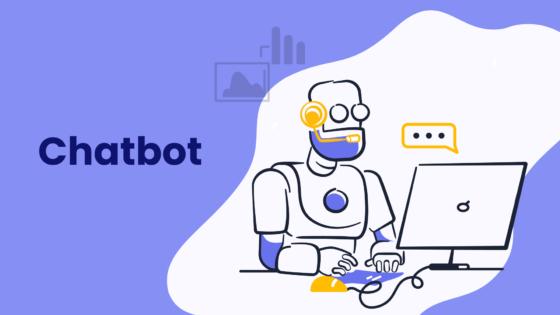
ChatGPT by OpenAI
ChatGPT by OpenAI has become one of the most widely adopted AI chat platforms. Over 80% of Fortune 500 companies use it, showcasing its reliability and effectiveness. With 100 million active users globally, ChatGPT handles 10 million daily queries, making it a leader in the chatbot market. Its advanced natural language processing (NLP) capabilities allow it to deliver human-like responses, enhancing customer satisfaction.
Professionals across industries, including software developers and marketing experts, rely on ChatGPT for its versatility. It boosts customer service productivity by 30–45% and increases marketing output by up to 15%. Companies using ChatGPT report savings of $50,000–$70,000 annually, highlighting its cost-effectiveness. These features make it a top choice for businesses seeking smart chatbots to improve operations.
Microsoft Copilot
Microsoft Copilot stands out for its seamless integration with Microsoft 365 tools like Teams, Word, and Excel. This feature makes it ideal for businesses already using Microsoft’s ecosystem. Copilot automates repetitive tasks, such as drafting emails and creating presentations, enhancing productivity. Its ability to securely integrate with internal company data ensures compliance with industry regulations, a critical factor for businesses in regulated sectors.
Unlike many open-source chatbot platforms, Copilot keeps all AI-generated content within the Microsoft environment, reducing data leakage risks. It also offers omnichannel support, allowing businesses to deploy chatbots across various platforms. For teams already using Microsoft tools, Copilot requires no extra setup, making it a cost-effective and efficient solution.
Google Gemini
Google Gemini is an advanced platform known for its high accuracy and speed. It boasts a 90% accuracy rate, outperforming many competitors. Gemini processes tasks 15% faster than other chatbots, ensuring quick and efficient responses. Its ability to handle multiple tasks simultaneously without slowing down makes it a reliable choice for businesses with high interaction volumes.
Gemini’s performance metrics highlight its strengths in the chatbot platform comparison. For example, its concurrent processing capabilities ensure smooth operations even during peak times. These features position Google Gemini as a strong contender in the chatbot open-source ranking, appealing to businesses looking for robust chatbot solutions.
IBM Watson Assistant
IBM Watson Assistant stands out as a powerful tool for enterprise-level chatbot solutions. It uses advanced natural language understanding and machine learning to handle complex customer interactions. This chatbot remembers previous conversations, allowing it to provide personalized responses. You can deploy it across multiple channels, including websites, messaging apps, and voice-based systems. Its ability to integrate with existing telephony systems makes it a strong choice for businesses needing voice-based customer service.
IBM Watson Assistant excels in industries requiring high levels of customization and scalability. For example, it supports businesses in managing large-scale customer interactions without compromising service quality. Its systematic approach to performance evaluation ensures reliability. A comparative analysis of chatbot platforms revealed that IBM Watson Assistant performs exceptionally well in enterprise applications. The table below highlights its strengths:
| Aspect | IBM Watson Assistant | RASA |
|---|---|---|
| Methodology | Systematic review of 30 publications | N/A |
| Performance Evaluation | Extensive comparative analysis | N/A |
| Respondents | 50 from 2 MNCs | N/A |
This chatbot platform comparison shows IBM Watson Assistant's ability to deliver consistent results. Its enterprise focus and robust features make it a reliable choice for businesses seeking advanced chatbot solutions.
Sobot Chatbot
Sobot Chatbot offers a comprehensive solution for businesses aiming to enhance customer interactions. It combines AI-driven automation with user-friendly features to deliver exceptional results. This chatbot operates 24/7, handling routine queries and assisting agents with complex tasks. Its multilingual capabilities allow you to engage customers in their preferred language, improving satisfaction.
Sobot Chatbot integrates seamlessly with tools like Salesforce and Shopify, ensuring smooth operations. Its omnichannel support enables communication across platforms such as WhatsApp and SMS. You can customize workflows and automate processes without any coding experience. This flexibility makes it ideal for businesses of all sizes. For instance, OPPO used Sobot Chatbot to achieve an 83% resolution rate and a 57% increase in repurchase rates.
The chatbot also provides measurable benefits. It boosts productivity by 70%, reduces service costs by up to 50%, and increases conversions by 20%. These features make it a standout option in the chatbot open-source ranking. By choosing Sobot Chatbot, you gain a scalable and cost-effective solution tailored to your needs.
Limitations and Challenges of Chatbot Platforms
NLP and Context Understanding Limitations
Natural Language Processing (NLP) is a cornerstone of chatbot functionality, but it still faces significant challenges. Many chatbots struggle to understand complex queries or maintain context during extended conversations. For instance, while a chatbot may excel at answering straightforward questions, it might falter when interpreting nuanced language or emotional undertones. This limitation often leads to user frustration, especially in industries like healthcare, where accuracy and empathy are critical.
Current evaluation metrics for NLP focus narrowly on specific aspects, such as robustness in specialized domains like medicine. However, they often overlook user-centered factors like emotional understanding and trust-building. Additionally, hallucination issues—where chatbots generate misleading or false information—remain a concern. These challenges highlight the need for improved metrics that assess both personalized responses and information accuracy across diverse use cases.
Sobot’s AI chatbot addresses some of these limitations by leveraging a robust knowledge base built from various sources, ensuring accurate and contextually relevant responses. Its multilingual capabilities further enhance its ability to cater to a global audience, reducing misunderstandings caused by language barriers.
Integration and Compatibility Challenges
Integrating chatbots with existing systems can be a complex process. Businesses often face difficulties ensuring compatibility with tools like CRM platforms, e-commerce systems, or communication channels. Without seamless integration, chatbots may fail to access critical data, resulting in inconsistent or incomplete responses.
Successful integration requires clear objectives, secure APIs, and adaptable conversation flows. For example, businesses must design chatbot logic to handle diverse queries while maintaining a smooth data flow between systems. Thorough testing and user feedback are also essential to refine functionality and ensure compatibility.
Sobot’s chatbot excels in this area by offering seamless integration with platforms like Salesforce and Shopify. Its omnichannel support consolidates communication across multiple platforms, providing a unified workspace for agents. This capability simplifies operations and ensures consistent customer experiences, even in complex business ecosystems.
Cost Concerns for Small Businesses
While chatbots offer significant cost savings, the initial investment can be a barrier for small businesses. The average cost of one chatbot interaction ranges from $0.50 to $0.70, which is far lower than the hourly wage of a customer support agent. However, small businesses often struggle with the upfront costs of implementing advanced chatbot solutions.
Despite these concerns, chatbots deliver substantial returns on investment. By 2024, they are projected to save businesses up to 2.5 billion hours of work. Additionally, 57% of businesses report significant ROI with minimal initial investments. For small businesses, choosing a cost-effective platform like Sobot’s AI chatbot can make a difference. Its no-coding-required setup and 24/7 operation reduce service costs by up to 50%, making it an accessible solution for businesses of all sizes.
Ethical and Privacy Considerations
Ethical and privacy concerns play a critical role in the deployment of chatbot platforms. As you integrate AI chatbots into your customer service operations, addressing these issues ensures trust and fairness in interactions.
One major ethical challenge involves biased training data. For example, Microsoft's Tay chatbot was shut down after it adopted harmful behaviors from user interactions. Similarly, a study of 1,375 chatbots found significant gender bias, with most designed as female, reinforcing stereotypes in service roles. In another case, a healthcare algorithm displayed racial bias, favoring white patients over black patients due to flawed historical data. These examples highlight the importance of using unbiased datasets when training chatbots.
Transparency is crucial in chatbot interactions. Users should know they are talking to a machine, not a human. Chatbots should clearly state their identity and capabilities, so users understand the system’s limits and potential biases. - FastBots.ai
To ensure ethical practices, you can follow these steps:
- Maintain meticulous documentation of decision-making processes.
- Ensure data transparency by clearly explaining what data is collected and how it is used.
- Implement explainable AI techniques to clarify chatbot decisions.
Privacy is another critical consideration. Chatbot platforms handle sensitive customer data, making robust security measures essential. Sobot’s AI chatbot prioritizes privacy with advanced encryption and access controls. Its 99.99% system stability ensures secure and uninterrupted service. By choosing platforms like Sobot, you can protect customer data while delivering efficient automation.
Addressing ethical and privacy concerns not only safeguards your customers but also strengthens your brand’s reputation. As you adopt AI-driven automation, prioritizing fairness and transparency will help you build lasting trust with your audience.
How to Choose the Best Chatbot Platform
Aligning Features with Business Needs
Choosing the right chatbot platform starts with understanding your business goals. You need to identify the features that align with your operational needs and customer expectations. For instance, if your business handles multilingual customers, a chatbot with language support is essential. Similarly, industries like retail or financial services may require chatbots capable of managing high interaction volumes while offering personalized experiences.
To ensure the platform meets your requirements, consider these factors:
- Multiple chatbot types for handling diverse tasks.
- NLP and speech recognition capabilities for accurate responses.
- Built-in security to protect customer data.
Sobot’s chatbot excels in these areas. It offers omnichannel support, multilingual capabilities, and a no-coding-required setup. These features make it adaptable for businesses of all sizes, from startups to global enterprises. By aligning the platform’s features with your goals, you can enhance customer satisfaction and operational efficiency.
Evaluating Pricing and ROI
Understanding the cost-effectiveness of a chatbot platform is crucial. Start by calculating potential savings. For example, if your business employs 10 agents at $3,873 per month each, switching to a chatbot that handles 80% of queries could reduce your costs significantly. Chatbots operate 24/7, unlike human agents, and can manage unlimited queries, making them a cost-efficient solution.
Here’s a comparison of expenses:
| Expense Category | Current Costs | Chatbot Costs |
|---|---|---|
| Monthly Expenses | $3,873 per agent | $500 – $5,000 |
| Available Hours | 40 hours/week | 24/7 |
| Query Capacity | Limited | Unlimited |
| Training Costs | Ongoing | One-time setup |
Sobot’s chatbot reduces service costs by up to 50% through automation and 24/7 availability. Its ability to boost conversions by 20% further enhances ROI. By evaluating pricing and ROI, you can make an informed decision that balances cost and value.
Prioritizing Integration and Scalability
Integration and scalability are critical for long-term success. A well-integrated chatbot platform works seamlessly with your existing systems, ensuring smooth operations. For example, integration with CRM tools like Salesforce allows chatbots to access customer data for personalized responses. Scalability ensures the platform can handle growing interaction volumes as your business expands.
Key considerations include:
- Ease of integration with current systems.
- The ability to manage increasing interaction volumes.
- Adaptability to new challenges and business growth.
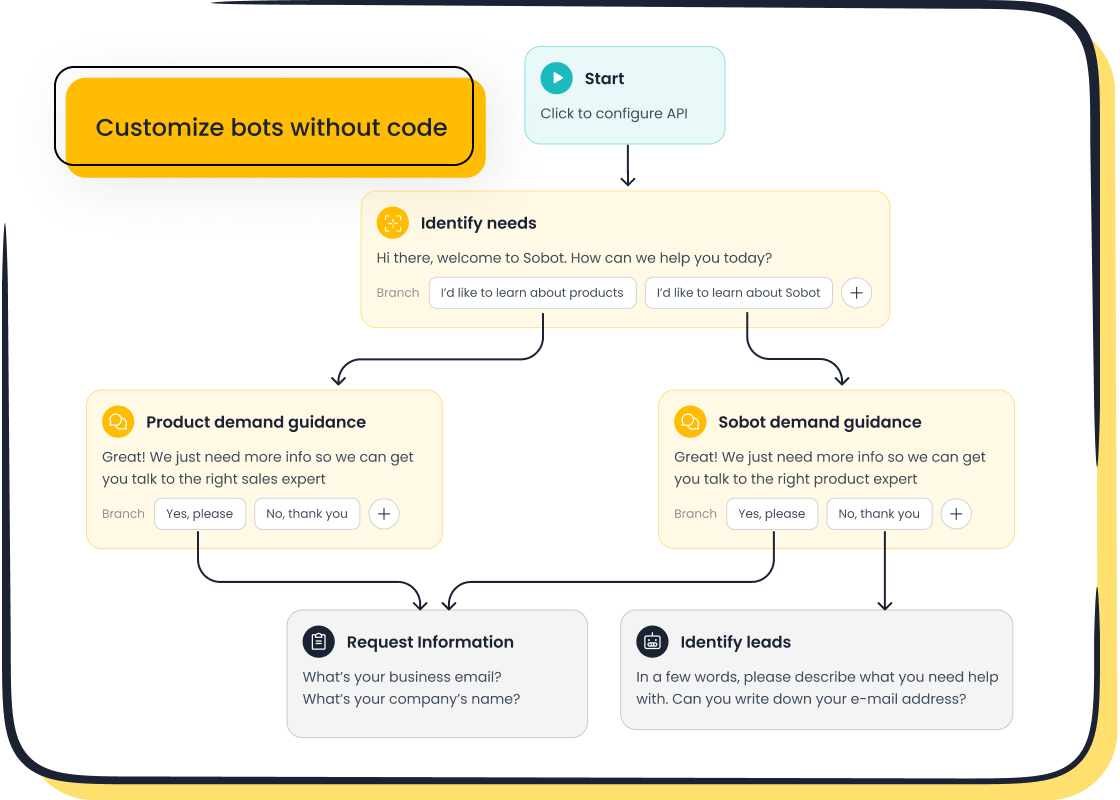
Sobot’s chatbot offers seamless integration with platforms like Shopify and Salesforce. Its scalability allows it to manage millions of interactions daily with 99.99% system stability. These features ensure your chatbot grows with your business, maintaining efficiency and customer satisfaction.
Industry-Specific Use Cases
Chatbot platforms offer unique advantages tailored to the needs of different industries. By leveraging advanced features, businesses can address specific challenges and improve operational efficiency. Let’s explore how industries like telecom, retail, and financial services benefit from these solutions.
Telecom Industry
The telecom sector has embraced chatbots to enhance customer support and streamline operations. Generative AI-powered chatbots provide tailored solutions for technical queries, reducing response times and improving problem resolution. Virtual assistants handle a wide range of inquiries, from billing to troubleshooting, elevating customer satisfaction. Predictive maintenance, another key feature, anticipates equipment failures, minimizing downtime and ensuring seamless service delivery.
| Industry | Success Story Description | Benefits |
|---|---|---|
| Telecom | Generative AI enhances technical support by providing tailored solutions for customer queries. | Reduces response time, optimizes customer support efficiency, and improves problem resolution. |
| Telecom | Virtual assistants handle inquiries from billing to technical issues. | Elevates customer satisfaction and streamlines operations. |
| Telecom | AI analyzes billing inquiries for accuracy and suggests tailored reductions. | Enhances client satisfaction and optimizes billing processes. |
| Telecom | Predictive maintenance anticipates equipment failures. | Minimizes downtime and enhances operational efficiency. |
Retail and E-commerce
Retailers use chatbots to guide customers through their shopping journeys. These platforms recommend products, answer FAQs, and assist with order tracking. Sobot’s chatbot, for example, integrates with tools like Shopify to provide a unified workspace for agents. This integration ensures faster responses and a consistent customer experience. Retailers also benefit from proactive messaging, which boosts conversions by 20%.
Financial Services
In financial services, chatbots simplify complex processes like loan applications and account management. They provide secure, real-time assistance, ensuring compliance with industry regulations. Sobot’s multilingual chatbot supports global customers, offering personalized interactions that build trust. By automating repetitive tasks, financial institutions save time and focus on delivering high-value services.
These industry-specific use cases highlight the versatility of chatbot platforms. By selecting a solution with the right features, you can address your unique challenges and achieve measurable results.
Selecting the right chatbot platform can transform your business operations. The comparison highlights key players like ChatGPT, Microsoft Copilot, and Google Gemini, with market shares of 59.2%, 14.4%, and 13.5%, respectively. Sobot’s chatbot stands out for its scalability, multilingual support, and cost-saving features. To choose the best platform, focus on aligning features with your goals. Evaluate integration capabilities, scalability, and pricing. For example, Sobot’s no-coding-required setup and omnichannel support make it ideal for businesses of all sizes. By prioritizing these factors, you can enhance efficiency and customer satisfaction in 2025.
FAQ
What are the benefits of using AI chatbots for businesses?
AI chatbots improve efficiency by automating repetitive tasks. They operate 24/7, reducing response times and enhancing customer satisfaction. For example, Sobot’s chatbot boosts productivity by 70% and cuts service costs by up to 50%. These features make them essential for modern businesses.
How do I choose the best AI chat platforms for my business?
Start by identifying your business needs. Look for features like multilingual support, scalability, and integration with CRM tools. Sobot’s chatbot offers these features, making it a strong contender in any chat platform comparison. Evaluate pricing and ROI to ensure the platform fits your budget.
Are AI chatbots secure for handling customer data?
Yes, most top AI chatbots prioritize security. They use encryption and access controls to protect sensitive information. Sobot’s chatbot ensures 99.99% system stability and advanced security measures, making it a reliable choice for safeguarding customer data.
Can small businesses afford the best AI chatbots?
Yes, many platforms offer cost-effective solutions. Sobot’s chatbot, for instance, reduces service costs by up to 50% with its no-coding-required setup and 24/7 operation. This affordability makes it accessible for businesses of all sizes.
What industries benefit the most from AI chatbots?
AI chatbots serve industries like retail, financial services, and gaming. For example, Sobot’s chatbot helped OPPO achieve an 83% resolution rate and a 57% increase in repurchase rates. These results highlight their versatility across various sectors.
See Also
Essential Tips for Selecting Top Chatbot Solutions
Simple Steps to Integrate Chatbots on Your Website
The 2024 List of Leading Chatbots for Websites